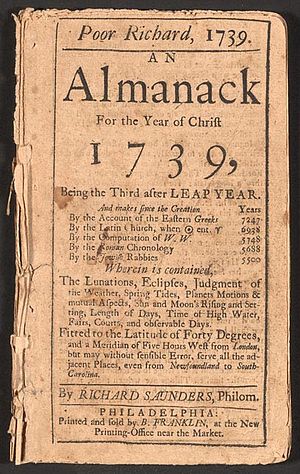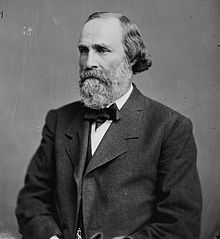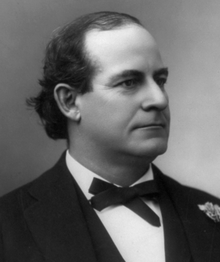 |
| Andrew Carnegie |
In his essay titled the Gospel of Wealth written in 1889, Andrew Carnegie wrote that a society in which only a few have wealth was the most natural and efficient result of capitalism. He also wrote that the difference in lifestyle between the wealthy and the working class was greater than ever. This is not a bad thing, and is actually beneficial since it is important to have patrons of the arts who fill their homes with fine artwork and literature. He also wrote of the benefits of being wealthy - having wealth allows for a high quality of life, including an education.
Carnegie then discusses what to do with wealth - it can be given to descendants, donated, or spent. With great wealth comes responsibility - the newly wealthy, self-made upper class needed to be philanthropic, but it was dangerous to give money to groups that cannot mentally or emotionally handle it. Also, wealthy people need to set an example of modest living, and to consider any extra wealth as trust funds to be used to the betterment of their community. The final responsibility of the wealthy class is to help those with less by providing wisdom and experience.
 |
| Poor Richard's Almanack |
The Gospel of Wealth is similar to Poor Richard's Almanack, written by Benjamin Franklin. Both works contain advice and important information on how to be successful from a well-known and well-respected voice in society.





